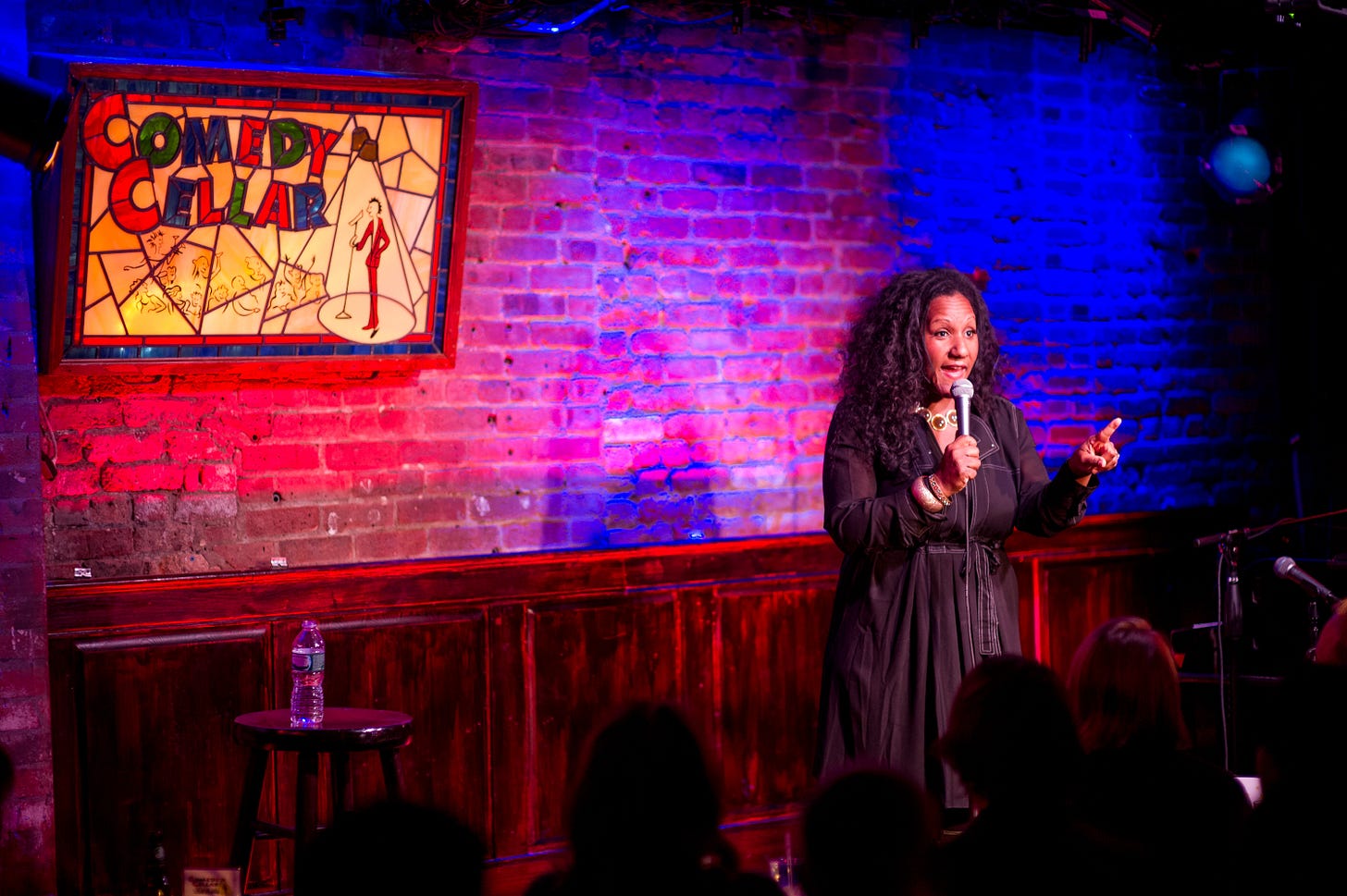Imagine Intellectual Diversity in the Diversity Industry: “The New York Times” “Endorses” DEI Dissident
What will it mean for Karith Foster and her message of unity?
My first real job was working at ABC Network News in New York.
It was there that I, a floppy-haired immigrant from San Diego, first learned about the special hold The New York Times has on our nation’s shapers of news and opinion.
When something—a book, an idea, a person—was cover…
Keep reading with a 7-day free trial
Subscribe to Shiny Herd to keep reading this post and get 7 days of free access to the full post archives.



